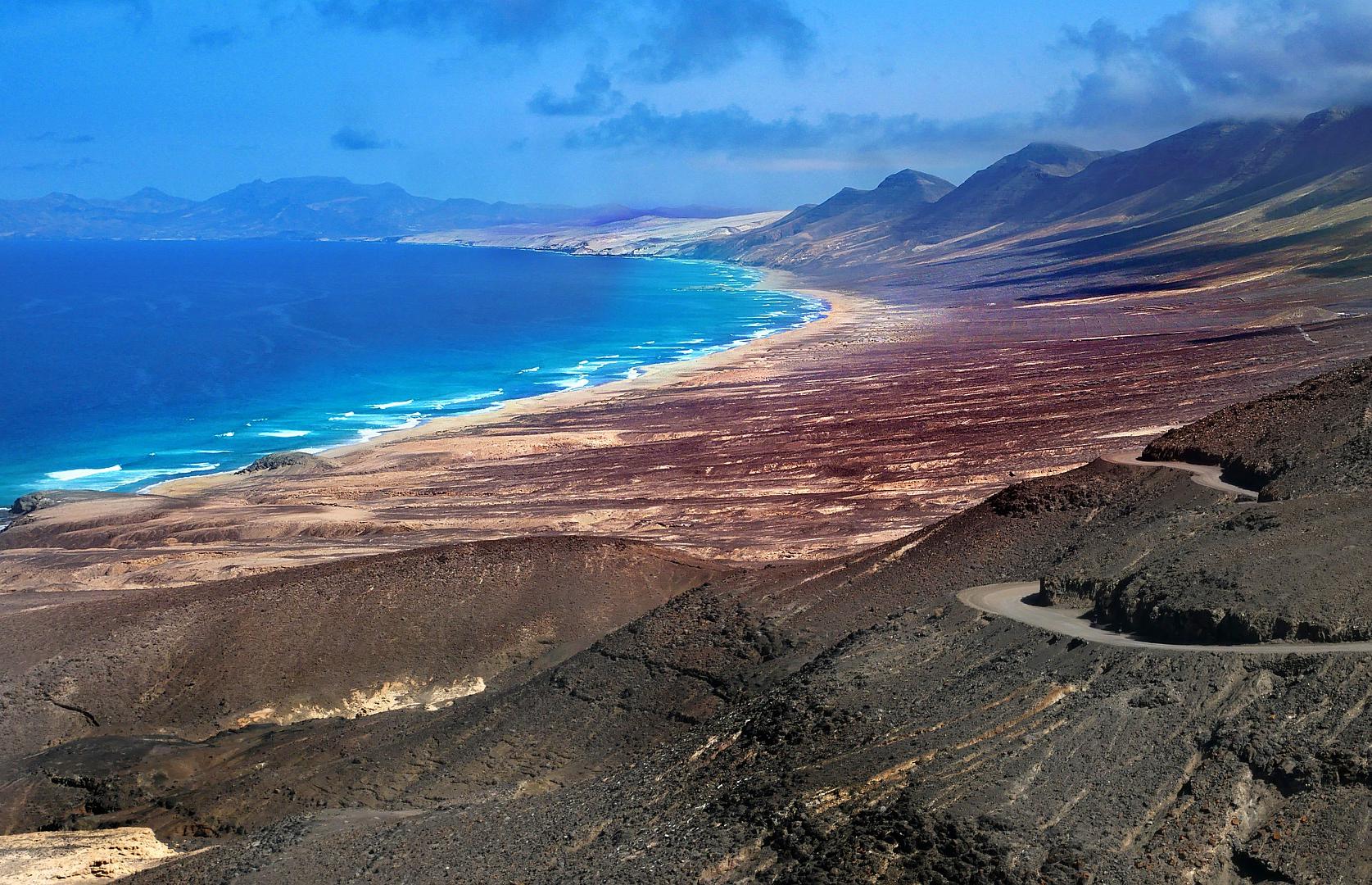
On 24 June, the Commission announced that the Danish island of Ærø is the winner of the 2020 edition of the EU RESponsible Island Prize.
Ærø won the title in recognition for its innovative energy solutions and its contribution to a sustainable and climate-friendly Europe. The award announced during the European Research and Innovation Days 2021, comes with a €500,000 cash prize funded by Horizon 2020, the EU research and innovation programme (2014 – 2020).
The second prize of €250,000 went to the island of El Hierro, part of the Canary Islands in Spain, and the third prize of €100,000 to the island of Tilos in Greece. The three winners have shown important achievements in the clean energy transition and in engaging their local communities into the transformation towards fully renewable energy systems.
Mariya Gabriel, Commissioner for Innovation, Research, Culture, Education and Youth said:
"Islands can be inspiring examples of how to involve local communities and citizens in realising the ambitious goals of the European Green Deal. This, together with the transformation of local energy systems with innovative renewable energy technologies, is what the RESponsible Island Prize is all about. I warmly congratulate the prize winners, who will inspire other islands and energy communities."
The main winner, Ærø, has a remarkably high share of renewables in electricity, with wind energy as an important source. In addition, innovative solar and biomass district heating solutions are used in all public buildings for heating and cooling. A current step-up of efforts in transport paves the way for Ærø to become entirely fossil-free in 2030. The island successfully highlights the importance of strong citizen engagement and co-ownership for clean energy transition, which can be a very good example for other islands and energy communities to follow.
With the start-up of its combined Wind-Pumped Hydro Power Station, El Hierro has reached an average level of almost 60 % of electricity from renewable sources. The island offers free electricity for electric vehicles on the island. El Hierro is an example of a successful and highly innovative renewable-based energy system for communities in energy transition.
Over the recent years, Tilos has accelerated its clean energy transition thanks to the commitment of the local municipality and the pro-environmental culture of its citizens. Its innovative energy model with community-scale wind and solar, battery energy storage and advanced energy management will inspire other islands and local communities.
More than 20 million EU citizens live on islands. These islands often have high local energy costs, but they can benefit from the transition to renewable energy sources in many ways, such as local job creation and sustainable tourism. Islands are therefore ideal test labs to develop innovative energy technologies and can serve as energy transition models for small communities in general.
